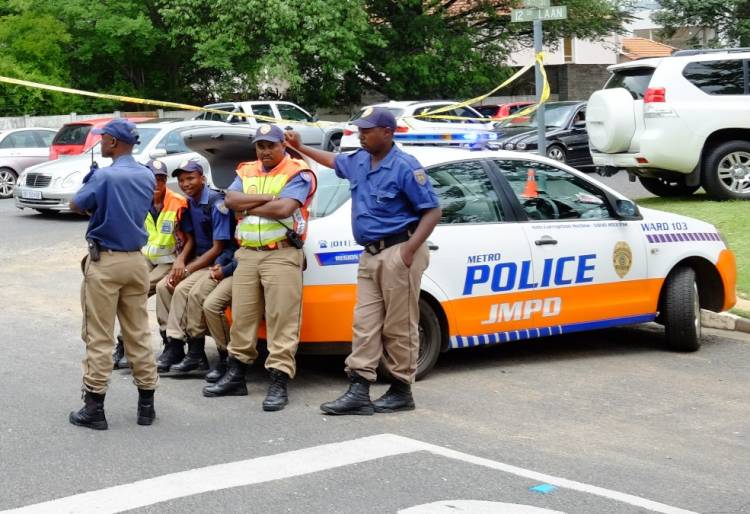
How To Be A Police Officer In South Africa
Becoming a police officer in South Africa is a challenging yet rewarding career. It requires dedication, commitment, and a passion for serving the community. If you're interested in pursuing a career in law enforcement, here's what you need to know about becoming a police officer in South Africa.
- Meet the Basic Requirements
To become a police officer in South Africa, you must meet certain basic requirements. These include:
- You must be a South African citizen.
- You must be between 18 and 30 years old (though exceptions may be made for those over 30 who have relevant experience).
- You must have a Grade 12 certificate (or equivalent qualification).
- You must have no criminal record.
- You must be physically and mentally fit.
- You must have a driver's license.
- Complete the Application Process
Once you meet the basic requirements, you can apply to become a police officer. The application process involves several steps, including:
- Filling out an application form: You can obtain an application form from your local police station or download it from the South African Police Service (SAPS) website.
- Submitting your application: Once you've filled out your application form, you must submit it along with your supporting documents to your local police station.
- Attending an assessment: If your application is accepted, you'll be invited to attend an assessment. The assessment includes a physical fitness test, a psychometric test, and an interview.
- Completing a medical examination: If you pass the assessment, you'll need to undergo a medical examination to ensure you're physically and mentally fit to become a police officer.
- Complete the Training
Once you've passed the assessment and medical examination, you'll need to complete the Basic Police Development Learning Programme (BPDLP). The BPDLP is a 24-month training programme that covers a range of topics, including:
- Criminal law and procedure
- Police powers and responsibilities
- Crime investigation techniques
- Basic first aid
- Firearms training
- Physical fitness and self-defense
- Community policing
The BPDLP is conducted at the SAPS Academy in Pretoria or one of its regional training centers. During your training, you'll receive a stipend to cover your living expenses.
- Graduate and Complete Probation
After you've completed the BPDLP, you'll graduate and be assigned to a police station. However, you won't immediately become a full-fledged police officer. Instead, you'll enter a probationary period, during which you'll be closely supervised and evaluated to ensure you meet the standards required of a police officer.
The probationary period lasts for a minimum of 12 months, during which time you'll be required to complete various tasks and assignments to demonstrate your competency as a police officer.
- Develop Your Career
Once you've completed your probationary period, you'll become a fully qualified police officer. From there, you can choose to specialize in a particular area of law enforcement, such as detective work, forensics, or traffic policing.
You can also pursue further training and education to advance your career. For example, you can obtain a National Diploma in Policing or a Bachelor of Technology in Policing.
In addition, you can seek promotions within the police force. The SAPS has a structured career path that allows police officers to advance through the ranks from constable to captain, superintendent, and beyond.
Conclusion
Becoming a police officer in South Africa is a challenging but rewarding career. It requires dedication, commitment, and a passion for serving the community. If you're interested in pursuing a career in law enforcement, start by meeting the basic requirements and completing the application process. Then, complete the BPDLP and the probationary period to become a fully qualified police officer.
Click Here To See More












